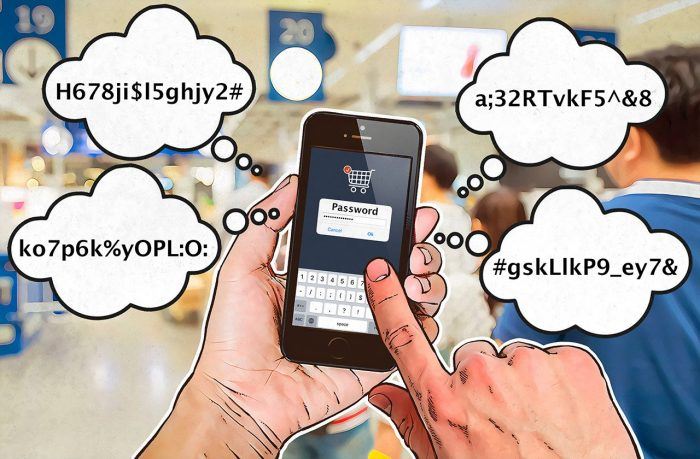
How ephemeral metadata may cause real problems
The most dangerous data leaks are the ones people don’t even know about.
1436 articles

The most dangerous data leaks are the ones people don’t even know about.

Using passwords on mobile devices is painful: In addition to memorizing your passwords, you need to input them with an awkward on-screen keyboard. But we’ve got you covered!

The Kaspersky Protection browser plugin keeps you safe while you traipse around the Internet — and it has several other useful features.

Protected fingerprint and iris sensors in smartphones, and other interesting security trends from MWC 2017.

Our very own KasperskyOS operating system is finally out! Here are some useful insights to answer some of your most inquisitive questions.

Kaspersky Lab researchers disclose vulnerabilities in connected car apps.

Kaspersky Password Manager now has direct access from browser, voice recognition, and more.

The days of dropping cheesy pick-up lines at social gatherings are coming to an end. With dating websites and apps, it has become way easier to find a partner online. But is it safe?


The story of Marion, a computer user from Germany whose files were encrypted by ransomware — and how she got them back without paying ransom.

An ex-Firefox developer recently said antiviruses are no longer needed. Let’s analyze that claim.

Downloaded a program called Netflix Login Generator? Delete it immediately!

As we see from recent news, quantum computing is evolving faster than anyone could’ve expected. What does this mean for us, the average users?


A story of two amateurs who were able to spy on Italian officials for years without getting caught.

It is surprisingly easy to hack airline reservations, obtain banking data and other private information, steal tickets, and rack up air miles.

Contrary to popular belief, viruses for Mac do exist. Other online threats put Mac users at risk as well. Kaspersky Internet Security for Mac can neutralize them all.

Did our 2016 predictions come true? Let’s see and try to forecast what awaits the security industry in 2017.

An unconventional Android Trojan does not do anything to your smartphone; instead it hacks the Wi-Fi hotspot the smartphone is connected to.

Kaspersky Lab experts create a cure for CryptXXX. For the third time.